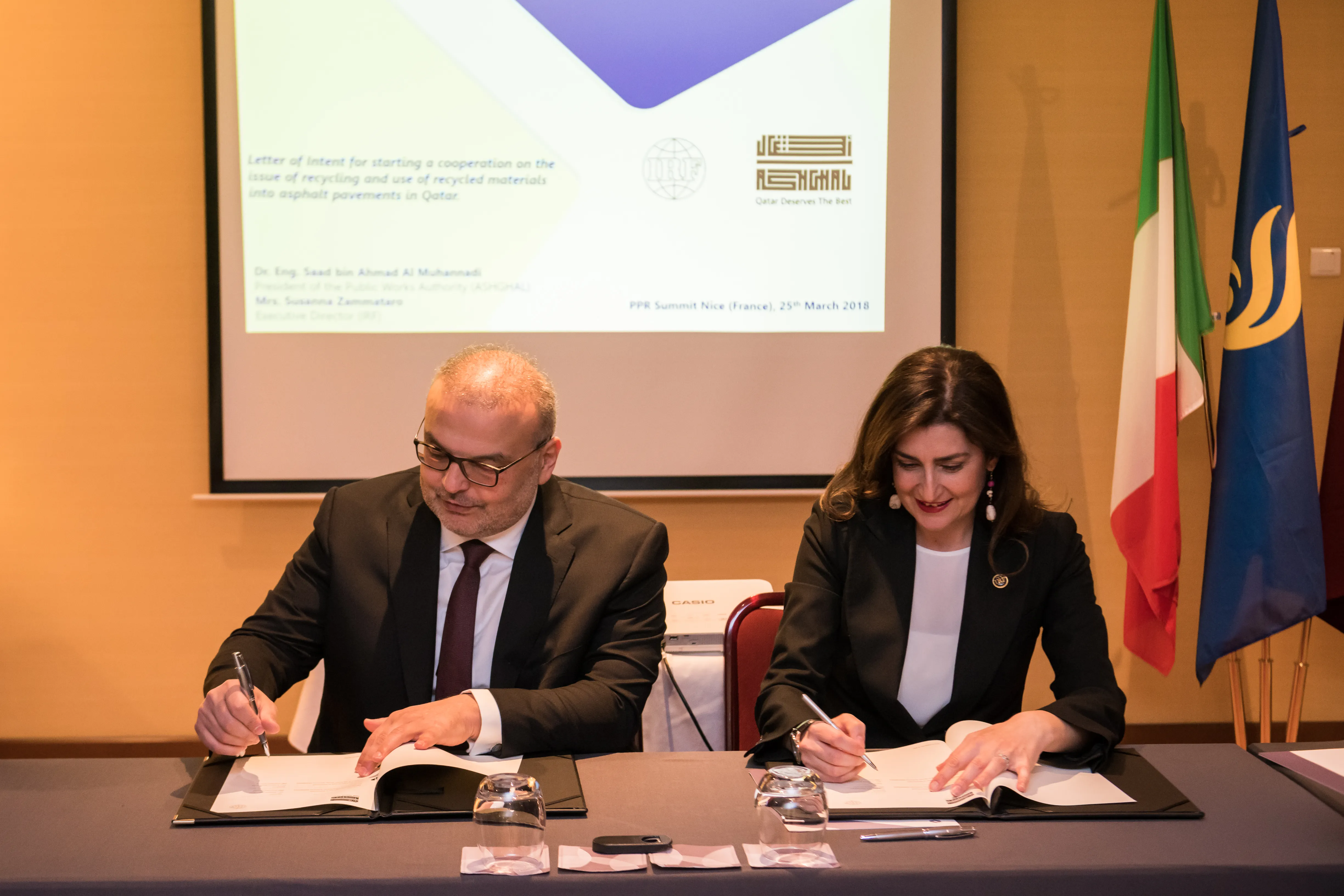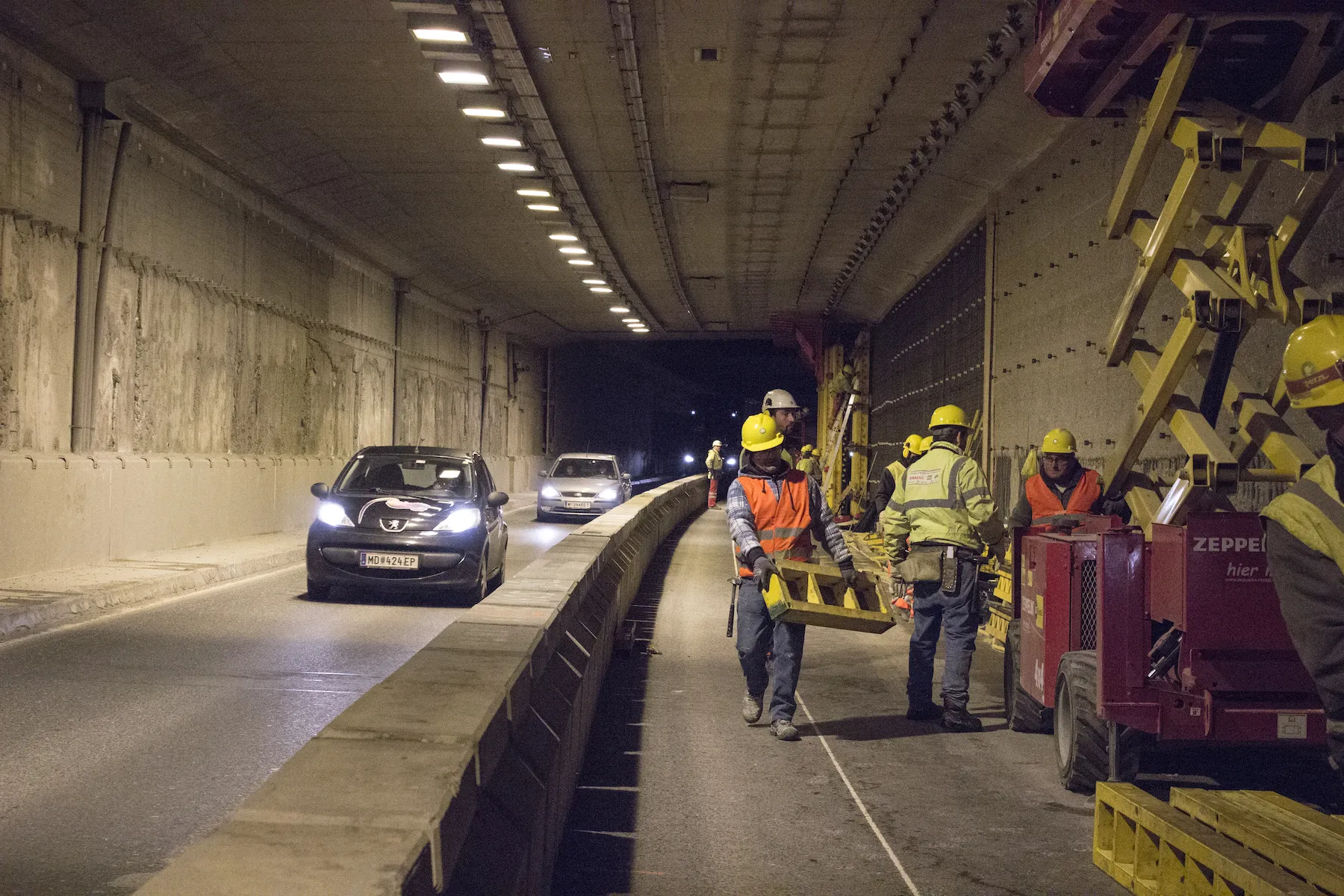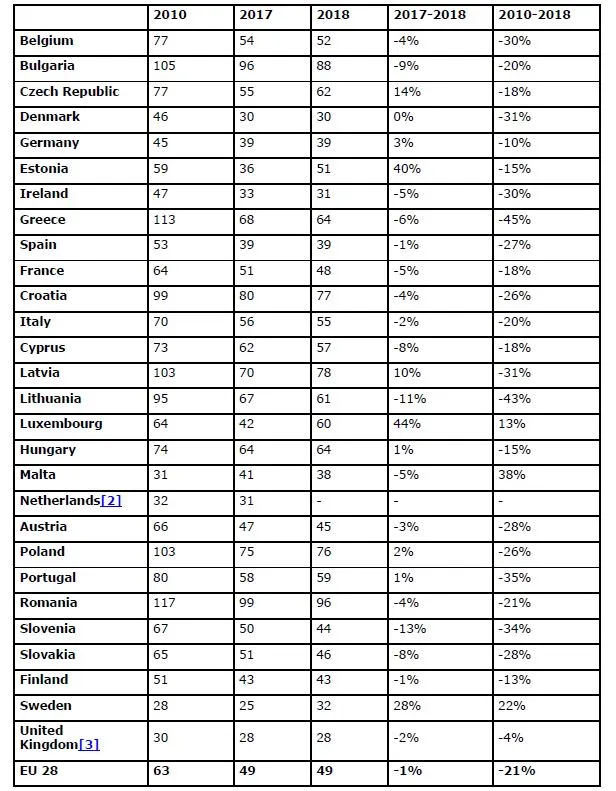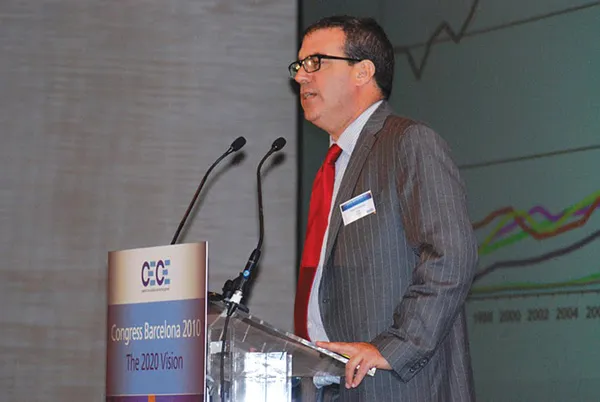Of all the fast-growing economies of the Arabian Gulf region, Saudi Arabia is by far the largest in terms of population and gross national product. Due to rising oil prices and increased foreign investments, Saudi Arabia's national economy has grown exponentially over the last ten years - having doubled in size since 2002 to $481.6bn.
With a surface area of 2,150,000km2 (roughly equivalent to one quarter of the surface area of the continental United States), Saudi Arabia has a much greater need for high
August 28, 2013
Read time: 2 mins
Of all the fast-growing economies of the Arabian Gulf region, Saudi Arabia is by far the largest in terms of population and gross national product. Due to rising oil prices and increased foreign investments, Saudi Arabia's national economy has grown exponentially over the last ten years - having doubled in size since 2002 to $481.6bn.
With a surface area of 2,150,000km2 (roughly equivalent to one quarter of the surface area of the continental United States), Saudi Arabia has a much greater need for highway infrastructure to connect its many cities and ports. Accordingly, the Kingdom has a much larger highway project pipeline in terms of total length of the network.
On the urban side, the cities of Riyadh, Damman, Jeddah, and Medina are growing rapidly. As rising populations and incomes drive demand for vehicles, freeway and road construction projects are increasingly larger and more complex – including road safety equipment and intelligent transport systems deployments.
According to industry estimates, investment in Saudi Arabia's entire transport sector is set to reach $100bn by 2020, with over $30bn allocated for new transport projects in the government's next five-year plan.
With a surface area of 2,150,000km2 (roughly equivalent to one quarter of the surface area of the continental United States), Saudi Arabia has a much greater need for highway infrastructure to connect its many cities and ports. Accordingly, the Kingdom has a much larger highway project pipeline in terms of total length of the network.
On the urban side, the cities of Riyadh, Damman, Jeddah, and Medina are growing rapidly. As rising populations and incomes drive demand for vehicles, freeway and road construction projects are increasingly larger and more complex – including road safety equipment and intelligent transport systems deployments.
According to industry estimates, investment in Saudi Arabia's entire transport sector is set to reach $100bn by 2020, with over $30bn allocated for new transport projects in the government's next five-year plan.









